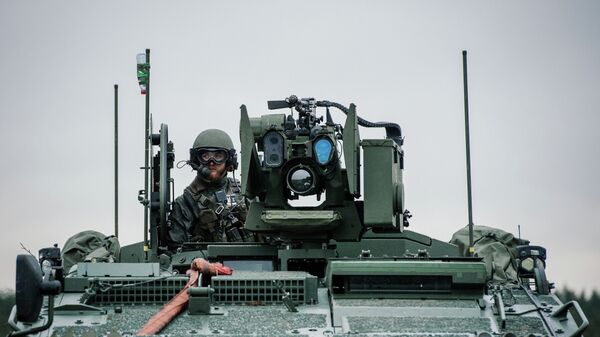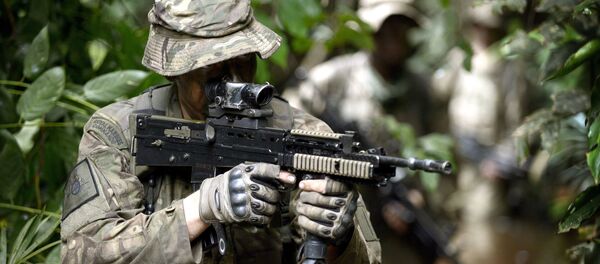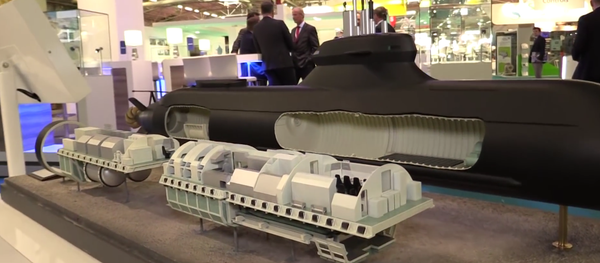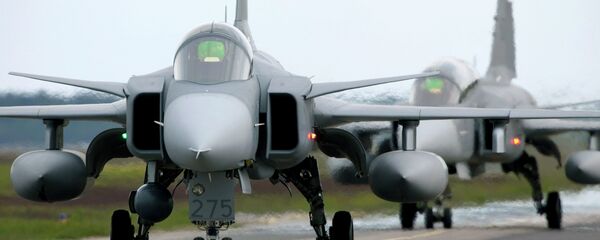"It's time for us to take greater responsibility for own safety. We cannot rely on anyone else to defend Europe," European Commission President Jean-Claude Juncker said, welcoming France and Germany's plans to jointly develop drones and transport planes in a project that may receive EU funding.
In this connection, the perspectives of establishing a common European Defense Fund may gain a particular importance, triggering more collaborations of this sort. According to the European Commission's proposal, collaboration between two countries is sufficient for a project to receive EU funding. A majority of EU countries have already expressed their support for the new defense initiative, whereas Sweden has been more cautious.
"There must be no arrangements favoring certain countries with a certain type of structures in their defense industries or other distortions allowing them to benefit from the others," Peter Hultqvist told Swedish Radio.
The Swedish opposition has accused Sweden's red-green coalition government of being too passive in the defense debate currently underway in the EU, however, it essentially shares the government's reservations.
"Not only big countries with populations of 60 to 80 million people, such as Germany and France, should be gathered around the table. Instead, it should be an all-European affair," Conservative defense spokesman Hans Wallmark told Swedish Radio.
Oh hell yeah. #tank #bofors #military #army #sweden #stridsvagns #stridsvagn103 pic.twitter.com/Th378fzfzv
— Amanda (@amanda_olander) 11 июня 2017 г.
Although renowned for its incessant peacemaking efforts over the past decades, Sweden is one of the world's largest arms exporters per capita, selling arms to the tune of 11 billion SEK ($1.3bln) in 2016. Some 30,000 people are employed in the Swedish defense industry, many of them in towns where arms factories are the largest private sector employer, such as Karlskoga, which was given a new lease on life in 1940 as the hometown of Bofors, one of Sweden's largest arms exporters.
Earlier this year, the Swedish government's plan to introduce a bill that would restrict arms exports to so-called "non-democracies" startled Sweden's sales-dependent military-industrial complex, with Saab venturing that it might move some or all of its research and development out of Sweden.





